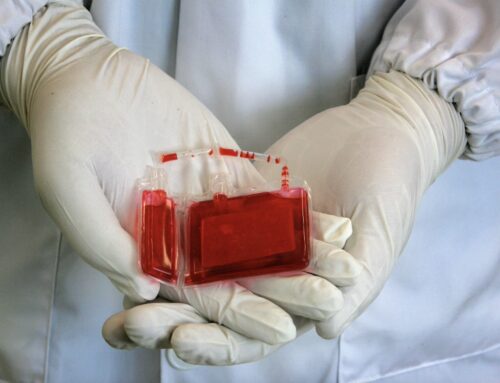How to Stop Drinking Alcohol
Stopping drinking alcohol can be challenging, but it’s entirely possible with the right approach and support. Here are some steps you can take:
- Set a Clear Goal: Decide why you want to stop drinking and set a specific goal. Whether it’s for health reasons, personal growth, or relationships, having a clear goal can motivate you.
- Seek Support: Share your goal with friends, family, or a support group. They can provide encouragement, accountability, and understanding.
- Avoid Triggers: Identify situations, emotions, or people that trigger your desire to drink, and try to avoid them or develop strategies to cope with them.
- Develop Healthy Habits: Replace drinking with healthier activities, such as exercise, hobbies, or spending time with loved ones.
- Consider Professional Help: If you find it difficult to stop drinking on your own, consider seeking help from a therapist, counselor, or support group.
- Stay Positive: Understand that setbacks are a natural part of the process. Don’t be too hard on yourself, and focus on your progress rather than perfection.
- Reward Yourself: Celebrate your successes along the way, whether it’s a week, a month, or a year without alcohol.
- Take it One Day at a Time: Focus on staying sober today, rather than worrying about the future. Each day without alcohol is an achievement.
Remember, everyone’s journey to sobriety is different, so it’s important to find what works best for you.
Health Benefits of Stopping Drinking
Not drinking alcohol can have numerous health benefits, including:
- Improved Liver Health: Alcohol can damage the liver over time, leading to conditions like fatty liver, hepatitis, and cirrhosis. Quitting alcohol allows the liver to regenerate and function more efficiently.
- Better Sleep: Alcohol can disrupt sleep patterns and contribute to insomnia. By not drinking, you may experience improved sleep quality and feel more rested.
- Weight Loss or Maintenance: Alcoholic beverages are often high in calories and can contribute to weight gain. Eliminating alcohol from your diet can help you manage your weight more effectively.
- Reduced Risk of Chronic Diseases: Not drinking alcohol can lower your risk of developing chronic diseases such as heart disease, stroke, diabetes, and certain types of cancer, such as oral cancer, liver cancer, and colorectal cancer.
- Improved Mental Health: Alcohol is a depressant and can worsen symptoms of anxiety and depression. By abstaining from alcohol, you may experience improved mood and mental well-being.
- Better Skin Health: Alcohol dehydrates the body and can contribute to skin issues like dryness, acne, and premature aging. Quitting alcohol can lead to healthier-looking skin.
- Enhanced Immune Function: Alcohol can weaken the immune system, making you more susceptible to infections. Stopping drinking can help strengthen your immune system.
- Improved Cognitive Function: Excessive alcohol consumption can impair cognitive function and memory. By not drinking, you may experience improved focus, memory, and overall brain health.
- Better Digestive Health: Alcohol can irritate the digestive tract and contribute to issues like acid reflux, gastritis, and stomach ulcers. Quitting alcohol can help improve digestive health.
These benefits can vary depending on individual factors such as overall health, the amount of alcohol previously consumed, and other lifestyle factors. However, in general, reducing or eliminating alcohol consumption can lead to significant improvements in health and well-being.
Read this book: Allen Carr’s Quit Drinking Without Willpower




